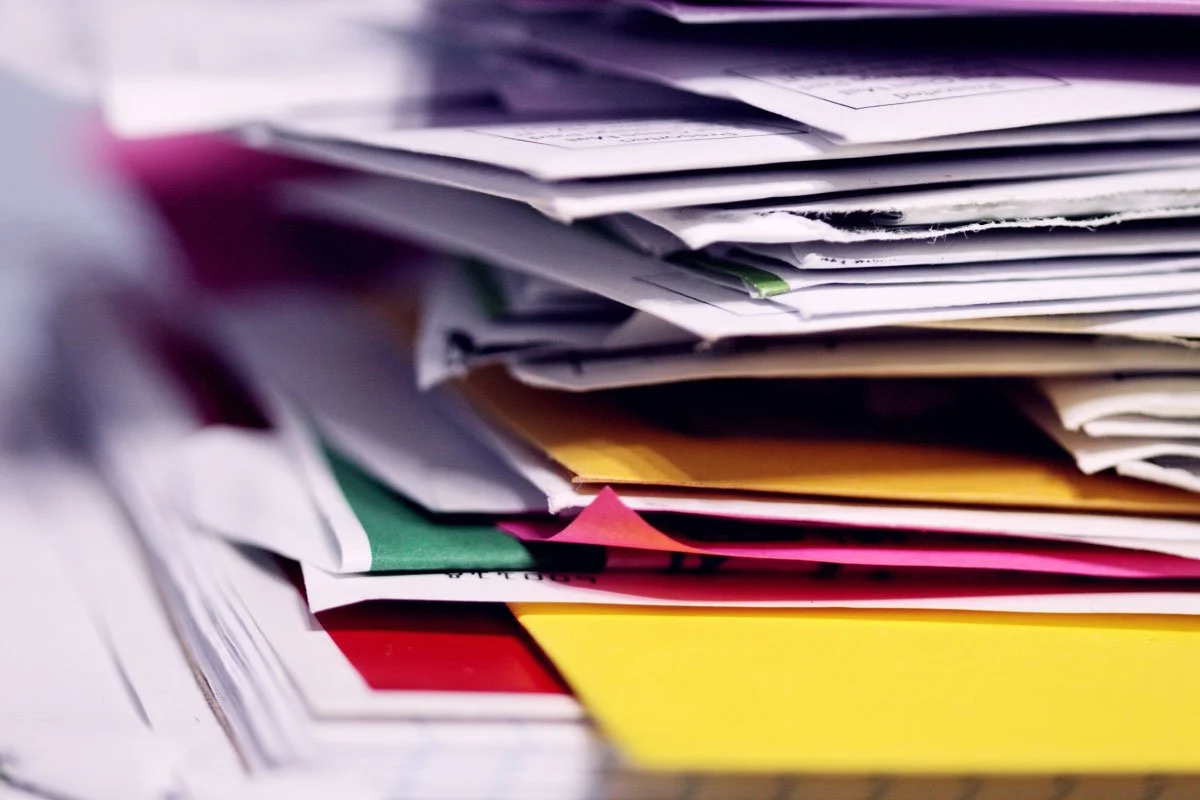Securely Shredding Tax Documents: A Guide to Records Retention
Keeping accurate and organized records is crucial when it comes to fulfilling your tax obligations. However, once you no longer need to retain certain tax documents, securely shredding them is essential to protect your sensitive information. Here, we will explore records retention guidelines and provide you with insights on how long you should keep tax documents before safely disposing of them.
Understanding Records Retention
In Canada, maintaining proper records is fundamental for tax compliance. The Canada Revenue Agency (CRA) outlines specific guidelines for records retention, which can vary depending on the type of documents. Generally, it is recommended to keep tax-related records for at least six years. This period ensures you meet the requirements set forth by the Income Tax Act and the Excise Tax Act. By adhering to these guidelines, you can effectively respond to potential audits, disputes, or inquiries from the CRA.
Types of Tax Documents and Retention Periods
Income Tax Returns: Keep a copy of your filed income tax returns, including supporting documents, for at least six years from the end of the tax year to which they relate. This includes T4 slips, T5 statements, receipts, and any other documents used to calculate your income and deductions.
Business and Self-Employment Records: If you own a business or are self-employed, retain all financial records, such as sales receipts, invoices, and bank statements, for at least six years. Additionally, keep records of business-related expenses, payroll information, and employment records for the same duration.
Capital Assets: Hold on to records related to the purchase, sale, or disposal of capital assets, including real estate, stocks, or other investments, for at least six years after the asset is sold or disposed of. These records will help calculate capital gains or losses when needed.
Rental Properties: If you own rental properties, maintain records of rental income, expenses, and receipts for at least six years after the end of the last tax year they relate to.
Secure Shredding and Disposal
When it is time to dispose of your tax documents, shredding is the most secure and recommended method. Shredding ensures that your sensitive information cannot be accessed or misused. Invest in a professional shredding service that follows strict protocols for document destruction, encourages witnessed document shredding, and offers a Certificate of Destruction once the work is completed.
Electronic records should be permanently destroyed using secure electronics destruction methods. By shredding your tax documents properly, you minimize the risk of identity theft and safeguard your personal and financial information.
In compliance with Canadian tax law, maintaining accurate records and securely disposing of them is a vital aspect of managing your tax obligations. By following the guidelines provided by the CRA, you can ensure that you retain tax documents for the required period before securely shredding them. Protecting your sensitive information through proper records retention and disposal practices is crucial for your financial well-being and peace of mind.

